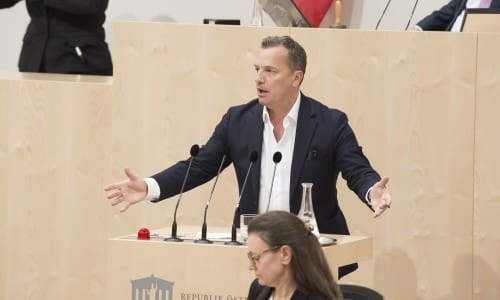Paulina Matysiak, a Polish MP of the left-wing Razem (Left Together) Party, voiced her hope that the Central Communication Port (CPK), a significant infrastructure project in Poland, will not be abandoned and that successive governments will not discard their predecessors’ projects simply because they were initiated by them.
Matysiak expressed her desire to see the CPK proceed, albeit potentially under a different name or with minor changes. She highlighted the project’s ambition and necessity and considered the proposed development of nearly 2,000 kilometers of new railway lines as a significant leap for Polish civilization. This expansion is contrasted with the mere 60 kilometers built since the early 1990s.
The Razem Party MP affirmed that Poland must improve its rail network to accommodate high-speed trains and match the already established road network in terms of connectivity.
Matysiak criticized the current ruling Law and Justice (PiS) for politicizing the CPK project by not seeking support from other groups and failing to engage in effective dialogue. She believes this approach has allowed the opposition to capitalize politically on CPK, despite the project’s long-term significance.
In a call for opposition lawmakers to set emotions aside and reevaluate the CPK project in line with Poland’s long-term transport policy objectives, she remained hopeful for a calmer parliamentary atmosphere that will foster substantive debate rather than partisan confrontation.
Matysiak also stressed the necessity of nuclear power plants in Poland and expressed her support for the continuation of the nuclear program, despite the term “audit” becoming a trend. She anticipates a review of the actions of various energy companies but does not expect an overhaul of the program.
She highlighted that the program has been adopted and is unlikely to undergo significant changes, which she considers irresponsible. Instead, she calls for a focus on the construction schedule, particularly for a power plant in Pomerania, to avoid delays.
The Razem Party, in coalition with the Left, has introduced seven deputies and two senators to the Sejm in this year’s elections. In the Sejm, it supports the new coalition formed by the current opposition but has refused to enter the government.






